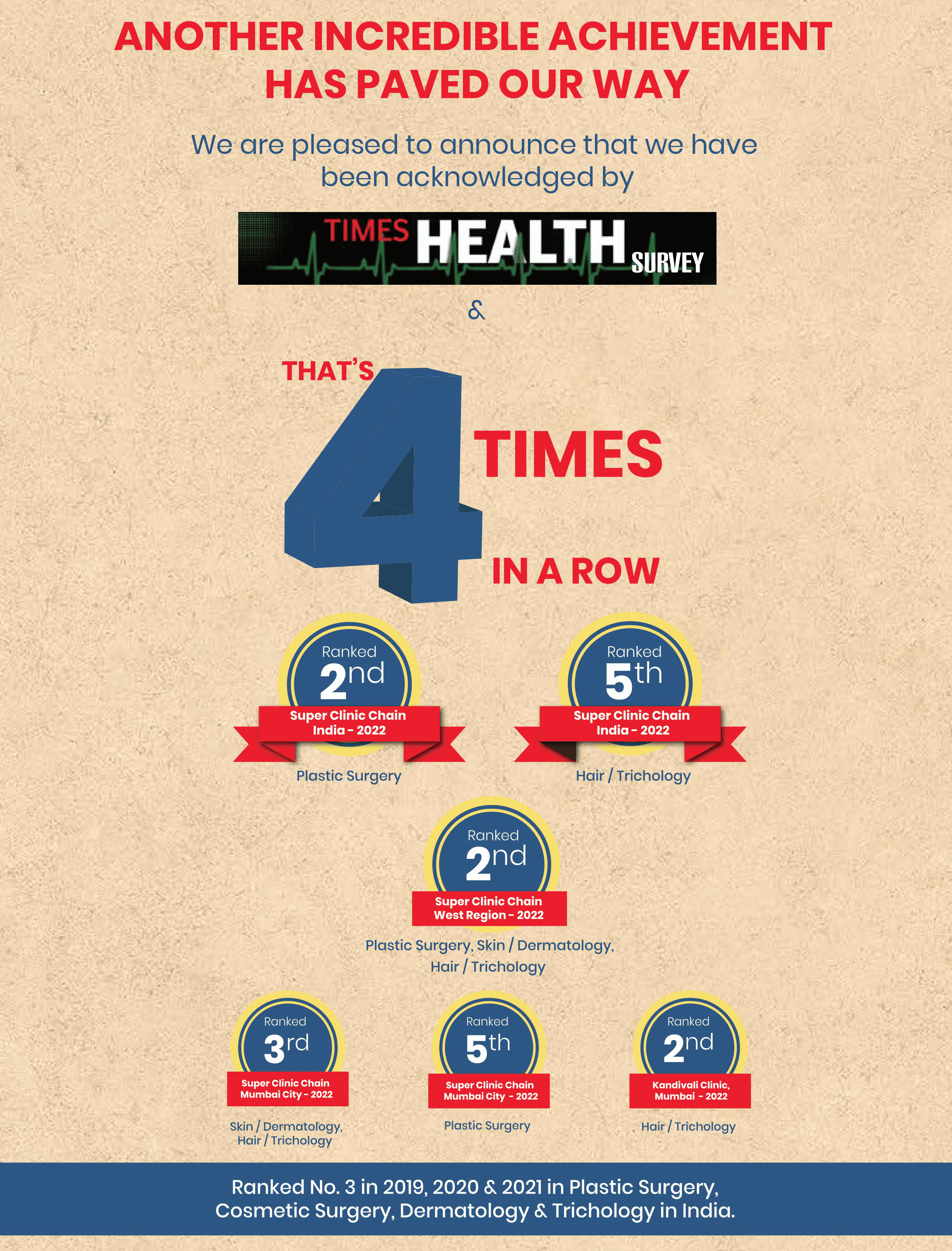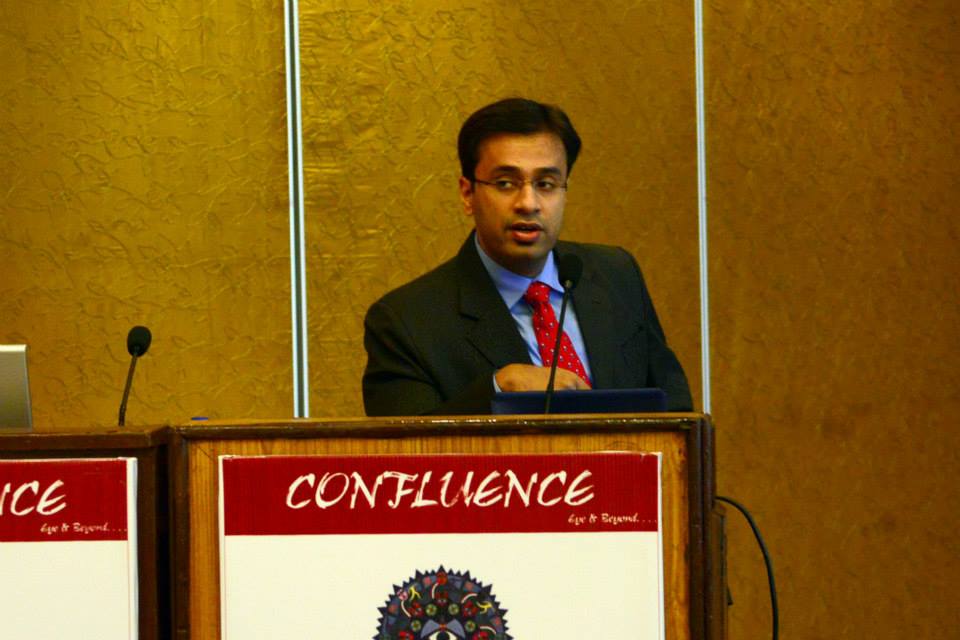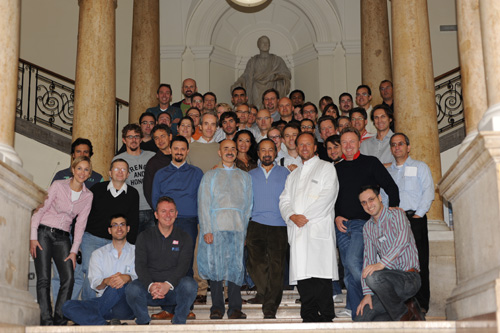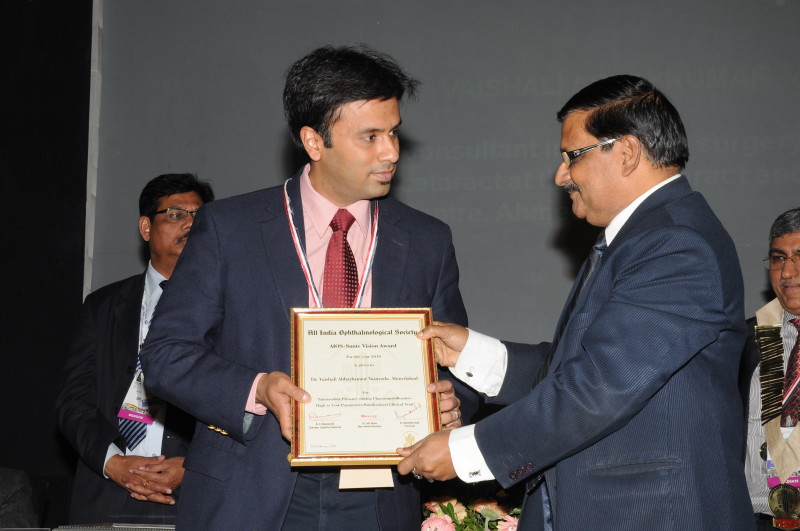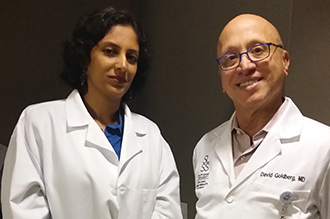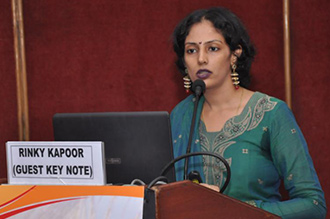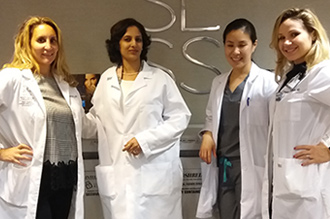Drain sinus, also called chronic sinusitis, is a condition that results from the inflammation and swollenness of the air pockets within a person’s nose and head – the sinuses. Owing to its chronic nature, this condition can persist for 12 weeks and even longer on some occasions. A patient may find breathing difficult with the onset of drain sinus as the normal drainage of mucus is significantly compromised. This condition can evolve as a result of the presence of nasal polyps – growths within the sinuses – or bacterial/fungal infection. Sensitivity to aspirin has also been implicated as a predisposing factor. While chronic sinusitis may not be regarded as expressly life-threatening, leaving it untreated can lead to some devastating consequences. For one, loss of sight may result in the event the infection progresses to the eye socket, and it may even lead to bone/skin infections, as well as the inflammation of membranes of the brain and spinal cord. It is therefore advised that you make plans to visit a clinic nearby to see a medical doctor who will diagnose your condition if you have been experiencing signs of sinusitis for a couple of days. Individuals suffering from conditions such as asthma, allergic reactions, immune system disorder, deviated septum, dental infection and respiratory tract infection are usually more susceptible to developing drain sinus.
Most times, a person having drain sinus will experience some of the signs and symptoms below:
On your consultation with a specialist, he/she will ask about your medical history and examine your nose and face to check for the symptoms of drain sinus. You may be made to undergo a series of diagnostic tests as the specialist attempts to establish the cause of your condition. One of such tests is endoscopy which entails the insertion of a flexible tube [featuring fiber optic lighting] into your nose and down to the sinuses for the physician to see what is attainable therein. You may also be subjected to an allergy in case the specialist feels your condition. To gain more comprehensive analysis, particularly when the inflammation is deep and/or undetectable using other means, the physician may ask that you go for diagnostic imaging tests like computed tomography (CT) or magnetic resonance imaging (MRI).
Basically, the treatment options available for drain sinus can be grouped into two – non-surgical and surgical therapies. The treatment that the physician will recommend for you will be majorly determined by the severity of your condition as well as your body’s reaction to certain therapies. Summarily, the thorough exploration of the observations made from the diagnosis and your medical history will be crucial to designing a tailored treatment regimen for you.
A major non-surgical intervention for drain sinus is the use of corticosteroids which may be administered nasally, orally, or through intravenous route. The nasal corticosteroids are normally available in form of sprays and are used in taking care of inflammation; examples of these are beclomethasone, budesonide, flucticasone, and triamcinolone. The oral/intravenous corticosteroids (e.g., dexamethasone, methylprednisolone, etc.) are recommended for patients suffering severe drain sinus, especially those with the notable development of growths in the sinuses. Saline nasal irrigation can be used in getting rid of allergies and irritants thus alleviating the effects of drain sinus. Additionally, antibiotics are used, in combination with other therapies, when the condition is caused or accompanied by bacterial infection. Examples of such antibiotics are amoxicillin, azithromycin, ciprofloxacin, trimethoprim, clarithromycin, etc.
Functional endoscopic sinus surgery (FESS) and septoplasty are two major surgical protocols used in the treatment of drain sinus. While our plastic surgeon is expected to give you a breakdown of what these procedures entail, we thought you will find the brief discussion – presented here – on them valuable.
The surgeon will instruct you on the steps to take to manage your situation after surgery. This may border on the use of the prescriptions provided to monitoring your progress. It is essential that you visit the clinic for routine check-ups – as would be specified by your plastic surgeon.
Irrespective of the treatment course you will be given, it is expedient that you are more conscious of your health and even your surroundings going forward. For instance, you may need to use a humidifier to sustain/generate moist air in your home if the area is rented with hot air – such scenarios can encourage development of chronic sinusitis if left unaddressed. As much as it depends on you; you should ensure that your home is free from pollutants – at least to a level that is not harmful – and avoid smoking. You should also take to good personal hygiene to reduce the risk of infections.
Over the years, we have built a brand that is committed to serving people in the best possible ways, and our patients can attest to this. We are backed by the high-ranking plastic surgeons who have excelled in the operating rooms with tremendous positive results to show for it. So, having a surgical protocol to treat drain sinus in India should not be seen as unachievable with our world-class facilities. Again, as it is not uncommon to see patients show concerns over the aesthetic outlook of their face after surgery, we can assure you that this will not be an issue with a cosmetic surgeon in the caliber of Dr. Debraj Shome right here with us.
There is wide variability in the cost of drain sinus treatment as it may range between US$1,500 – US$15,000. The reason for this is that health insurance – where available – can have a great influence on the cost. Besides this, however, the cost of a treatment regimen involving surgery – which tends to be more cost-effective – is not at par with other (non-surgical) treatments. It, therefore, goes to show that there are cost variations based on the condition of a particular patient.


Dr. Debraj Shome is Director and Co founder of The Esthetic Clinics. He has been rated amongst the top surgeons in India by multiple agencies. The Esthetic Clinics patients include many international and national celebrities who prefer to opt for facial cosmetic surgery and facial plastic surgery in Mumbai because The Esthetic Clinics has its headquarters there.
